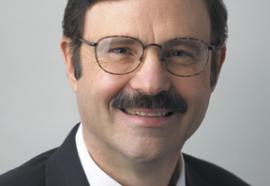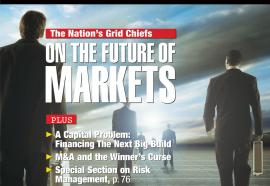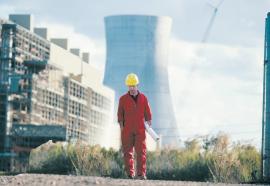The Most Effective Way
Market prices send investors clear signals to invest in the most efficient means for producing electricity.
Higher electricity prices have drawn sharp attention to the design of organized wholesale electricity markets—particularly to areas where residential customers’ rates will increase because multi-year rate freezes are ending. Some suggest changing the way that markets set wholesale electricity prices, or doing away with competitive markets entirely and returning to government regulation of prices. They say that the design of the markets exaggerates the effects of natural-gas price increases and unfairly rewards generators that use lower-cost fuels.









